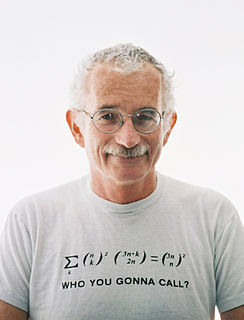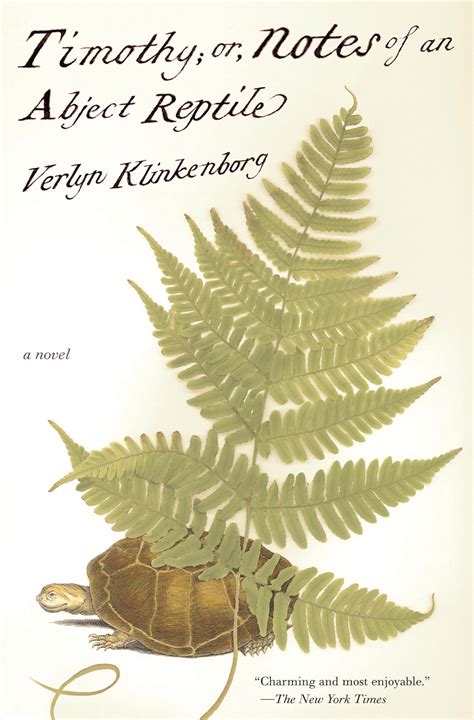A Quote by Doron Zeilberger
When a problem seems intractable, it is often a good idea to try to study "toy" versions of it in the hope that as the toys become increasingly larger and more sophisticated, they would metamorphose, in the limit, to the real thing.
Related Quotes
The loss of seriousness seems to me to be, in effect, a loss of hope. I think that the thing that made people rise to real ambition, real gravity was the sense of posterity, for example - a word that I can remember hearing quite often when I was a child and I never hear anymore. People actually wanted to make the world good for people in generations that they would never see. It makes people think in very large terms to try to liberate women, for example, or to try to eliminate slavery.
Here's what I'll say: some toys should be movies, and some toys should not be toys, and I'd like to believe we know the difference between those two things. The movies that work, work when there is a story there that you can take the toy out of, but when you put the toy in, it becomes an even more amazing experience for whatever reason.
A problem with school is that you often become what you study. If you study, let say cooking, you become a chef. If you study law, you become an attorney, and a study of auto mechanics makes you mechanics. The mistake in becoming what you study is that, too many people forget to mind their own business. They spend their lives minding someone else's business and making that person rich
You know how it always is, every new idea, it takes a generation or two until it becomes obvious that there's no real problem. It has not yet become obvious to me that there's no real problem. I cannot define the real problem, therefore I suspect there's no real problem, but I'm not sure there's no real problem.
The important thing is that over time, scientific progress transforms things that used to have to be dealt with in a problem-solving mode down to the pattern-recognition space; and from pattern recognition into the rules-based mode. This is the mechanism by which less-trained people are enabled to do more sophisticated things. This is always the way disruption happens. It enables a larger population of less-experienced people to do more sophisticated things.
Don't bring your sand toys to the park. That's another bad move. Because I go to the park, and I'm on the Vicodin and a little weed too - let's face it - and I go in there, and my wife's like, 'Bring the sand toys! Bring the sand toys!' And I know what happens every single time: I become sand toy repo man from the eight little kids that run off in nine different directions with my sand toys.
The consumer has become increasingly sophisticated in the way they obtain and digest information - of the simple reason that they've become comfortable about building and maintaining their own personal brands. This has thickened their "filter" and as a result made them become more critical towards advertising and communication.
The Unexpected stalks a farm in big boots like a vagrant bent on havoc. Not every farmer is an inventor, but the good ones have the seeds of invention within them. Economy and efficiency move their relentless tinkering and yet the real motive often seems to be aesthetic. The mind that first designed a cutter bar is not far different from a mind that can take the intractable steel of an outsized sickle blade and make it hum in the end. The question is how to reduce the simplicity that constitutes a problem ("It's simple; it's broke.") to the greater simplicity that constitutes a solution.
So, obviously, autism - which is the key in this - is a very big problem. We need more studies about it. We certainly have to try to figure out what causes it and why and do something about it. But to tab it to vaccines, I think, is a real mistake. Not only is there no evidence, but what it leads to is larger numbers of unvaccinated children. And that's not only a problem for polio. It's a problem for a wide range of vaccine-preventable diseases.
Seeing games become more of a young person thing, I feel like a toy I grew up with has been left behind. I don't want to. I want this thing to be respected by adults. I want this thing to be growing with me. It's important to have games that could be more nuanced and reflective of the real world and relevant to adults.







































